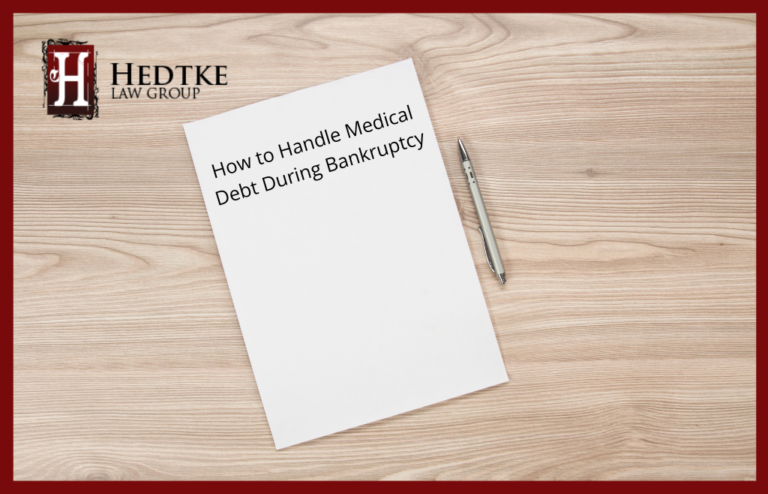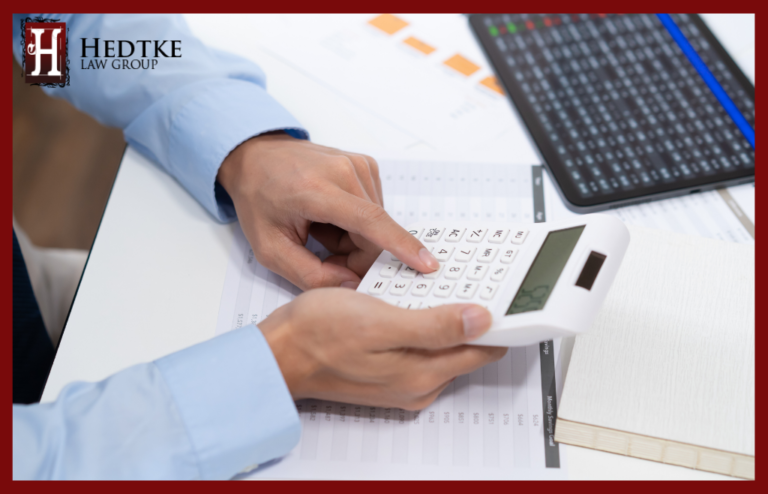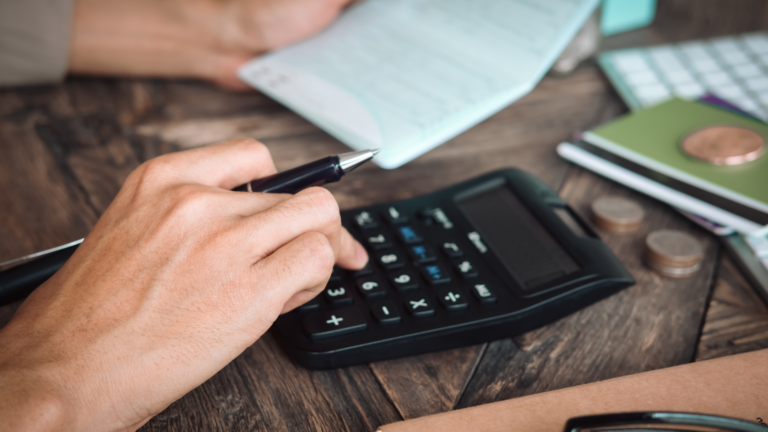If you’re finding it difficult to meet your monthly bills and your debt looks daunting, it may be tempting to consider filing bankruptcy. However, there are some things to consider before taking that big financial step.
Is bankruptcy right for you?
1. Is Chapter 7 or Chapter 13 the best option?
If you have assets that you want to keep – a home with a mortgage or a car that you’re still making payments on, for example – Chapter 13 is a better option if you have a job that provides you with the income you’ll need to make payments on your other bills. Chapter 13 allows you to set up a repayment plan, usually over 3-5 years, and if you make the payments as required, your debt will be discharged at the end of the repayment period. Chapter 7 allows you to keep exempt items – a car, clothes, furniture and tools you need for work – but requires you to sell non-exempt items for covering your debt.
2. What assets are exempt and what assets are non-exempt?
You’ll want to know what you’ll be able to keep under both types of bankruptcy filings before moving forward and assess your assets. Non-exempt items include collections, heirlooms, investments, a second vehicle, a vacation home and other valuables, which may not be worth losing. Exempt items include a vehicle up to a certain value, a certain amount of equity in your home, appliances, pension funds and damages awarded in a personal injury suit. You may want to ask your attorney for more information.
3. Will my debt load adequately decrease if I file?
For many people, student loans are the biggest debt they have. Student loans cannot be discharged under bankruptcy, so after paying the filing fees and suffering a long-term ding in your credit score, you may want to reconsider your options, especially if your remaining debt isn’t as large.
4. How long does a bankruptcy stay on my records?
The big three – Experian, TransUnion and Equifax – all keep bankruptcy filings on your credit report for 10 years if you file Chapter 7 and 7 years after you finish payments for a Chapter 10 bankruptcy.
5. Do I pass the means test?
A means test is a Chapter 7 step courts use to determine if you qualify for Chapter 7, which erases your debt, based on your bills compared to your monthly income. Higher disposable incomes are less likely to be eligible for Chapter 7 bankruptcy.
6. Would a credit counseling service be a better choice?
Because bankruptcy filing costs money, a counseling service – one that works with your creditors to lower interest rates and help you pay back your debt – could be a better option.
7. Will you be able to handle the consequences of a bankruptcy for a decade?
If you are renting but are hoping to buy a house, if your car is on its last legs, or if you need to purchase some other big-ticket item, you’ll be paying higher interest rates as a result of your bankruptcy. Of course, late payments may also cause your credit score to plummet, but credit scores damaged by late fees may be easier to improve than bankruptcy scores.
For many people, bankruptcy is a chance for a fresh start, especially true if large medical bills are causing your finances to crumble around you. But in other cases, bankruptcy may not be the right answer.
Should I consider bankruptcy?
If you’re not sure about filing for bankruptcy, please call the experienced team of attorneys at Hedtke Law Group for the advice you need to make the right decision for you. Please call our team of attorneys today at 626.502.8405.




